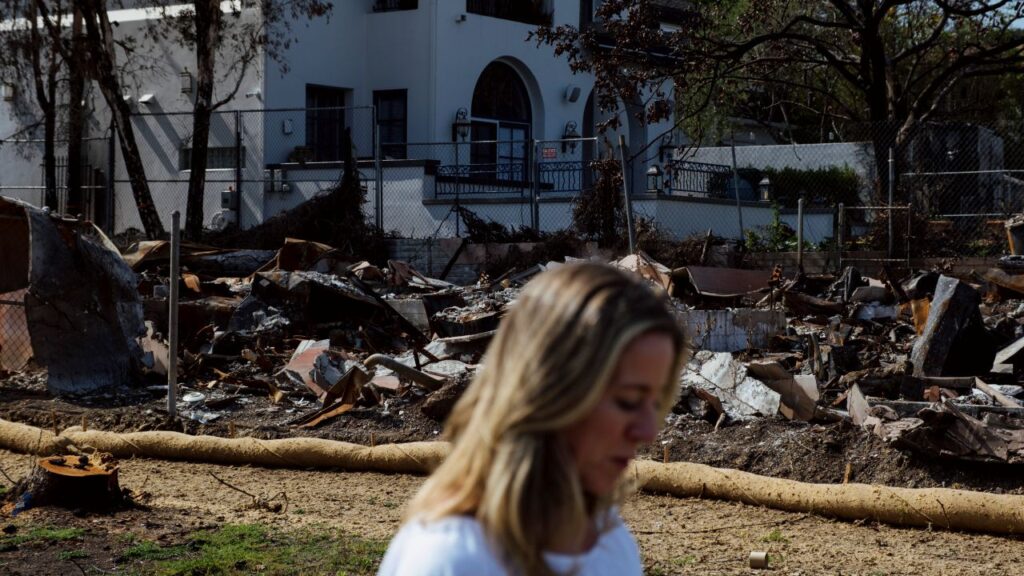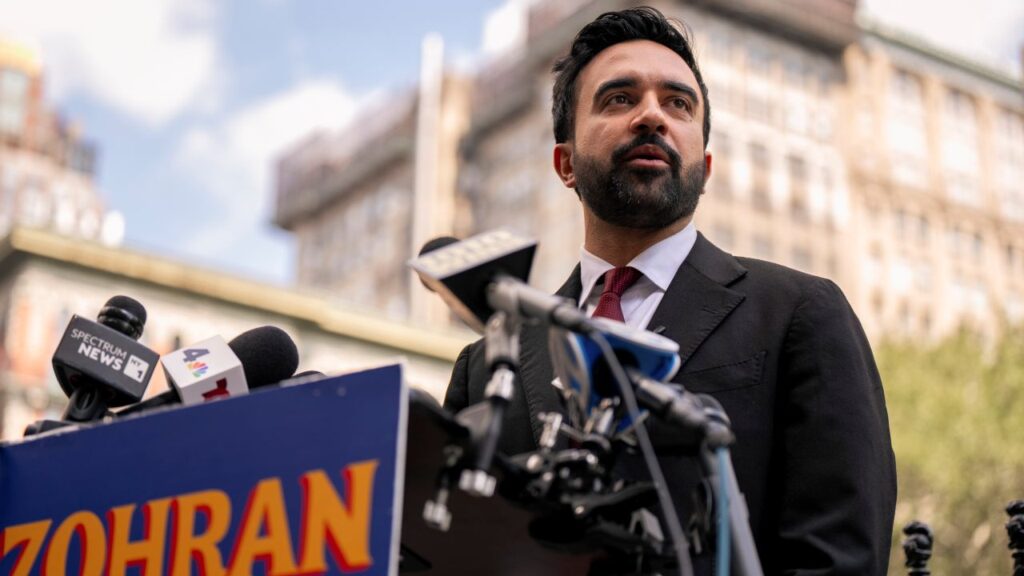Israel's preemptive strike on Iranian nuclear targets reflects strategic necessity amid failed diplomacy and regional threats. (Shutterstock)

- Israel strikes Iranian nuclear facilities after diplomatic efforts fail to curb Tehran's weapons program.
- Iran's nuclear deception threatens regional stability as multiple nations may seek atomic weapons.
- Military action demonstrates Israeli resolve against regime that vows to destroy the Jewish state.
Share
It may be months or years before we’ll know the full results of Israel’s attack on Iranian nuclear and military targets, which began early Friday morning and could last for days or weeks.

Bret Stephens
Opinion
But critics of the strike — and already they are vocal — might at least ask themselves whether Israel had any realistic alternative against an adversary that has repeatedly vowed to wipe it off the map.
Barely a day before the strike, the board of the International Atomic Energy Agency, representing 35 nations, declared that Iran was in violation of its nuclear nonproliferation obligations. The agency’s technical report points to “rapid accumulation of highly enriched uranium,” a failure by Iran to provide “technically credible answers regarding the nuclear material at three locations” and Iran’s “insistence on a unique and unilateral approach to its legally binding obligation.”
In plain English, Iran has been deceiving the world for years while gathering the means to build multiple nuclear weapons. In a better world, diplomacy would have forestalled and perhaps eliminated the need for Israeli military action.
Diplomatic Efforts Fall Short
But President Donald Trump, who tried to dissuade Israel from striking, failed to get a deal after five rounds of negotiations and noted this week that Tehran had become “much more aggressive” in the talks. Make of his testimony what you will, but it’s worth recalling that a much more pliant and patient Biden administration spent years trying to reach an agreement, and also gave up in frustration with Iran’s repeated prevarications.
As for other alternatives, the clandestine means of sabotage and targeted assassinations that Israel had long used, and which probably delayed Iran’s nuclear breakout moment by years, had plainly run their course — otherwise, Israel would have continued to use them rather than risk Iranian retaliatory strikes using drones and missiles that could overwhelm Israel’s defenses.
Those strikes may yet come, and soon. But they underscore, from an Israeli point of view, how crucial it is that Iran be prevented from being able to mount any of those missiles with a nuclear warhead. Academic theorists in, say, Chicago may be convinced that an Iran armed with nuclear weapons would merely help create a stable balance against a nuclear-armed Israel.
Regional Nuclear Balance at Risk
Yet that fails to take into account the millenarian mindset of some of Iran’s theocratic leaders, for whom the ideological objective of destroying Israel may be worth the price of mass martyrdom in a nuclear exchange. It also ignores the prospect that an Iranian nuclear bomb would lead Saudi Arabia, and perhaps Turkey and Egypt, to seek nukes of their own. How stable is a balance of terror if there are three, four or five nuclear powers in the world’s most volatile region, operating in uncertain diplomatic combinations, each at daggers drawn with the others?
Still, even if Israel had no better options against Iran, it’s no guarantee that the strikes will succeed, either in the short or long term. Besides a direct retaliatory strike on Israel, Iran will be tempted to hit back at other targets: ships transiting the Strait of Hormuz, Jewish sites in faraway places, U.S. diplomatic or military installations in the region. The Israeli strike may also drive Iran’s nuclear programs further underground, figuratively and literally, accelerating its effort to get nukes while making future attacks more difficult to carry off.
Those risks can’t be ignored. But it’s worth noting that Iran was doing many of those things without the pretext of an Israeli strike, sometimes directly and sometimes through proxies, such as the Houthis and Hezbollah.
Strategic Consequences and Historical Precedent
As for the prospect of Iran now racing toward a bomb, evidence suggests it was already doing so anyway. It will take time, probably years, for Iran to regain its former pace, and it will do so in a severely weakened military, technical and economic state. And it can always be hit again.
It also matters that Iran’s leadership has again been bested on its home turf, not by the “Great Satan” of the United States but, much more humiliatingly, by the “Little Satan” of Israel. The weaker and more uncertain the regime looks in the eyes of ordinary Iranians, the likelier it will spark the kinds of mass protests that nearly brought it down in 2022. An end to the regime that has inflicted so much misery on so many people for so many years offers the only sure route to ending the nuclear crisis for good.
I’m writing in the first hours of a conflict that surely still has many surprises in store. It’s far too soon to say how it will end. But for those who worry about a future in which one of the world’s most awful regimes takes advantage of international irresolution to gain possession of the most dangerous weapons, Israel’s strike is a display of clarity and courage for which we may all one day be grateful.
—
This article originally appeared in The New York Times.
By Bret Stephens
c. 2025 The New York Times Company
RELATED TOPICS:
Categories

California Promised Insurance Relief But Delivered Loopholes



















